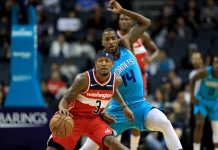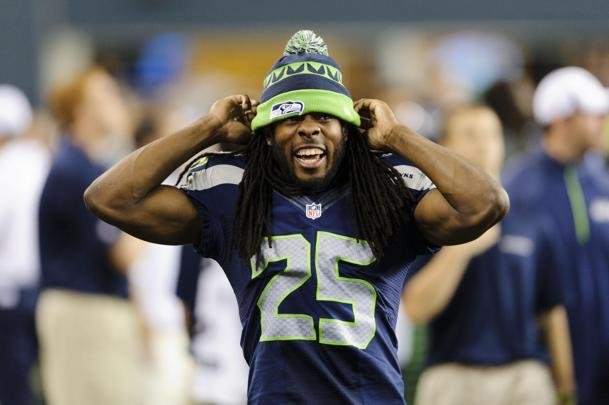The NBA and National Basketball Players Association are close to an agreement to test players’ blood for human growth hormone (HGH), according to sources with direct knowledge of the talks. Testing could begin as soon as the 2013-14 season.
The NBA has long had HGH on its list of banned substances but has never tested for it. Doing so means collecting players’ blood, which the union has never allowed, and there was little agreement about the test’s reliability.
But those concerns have eroded lately, sources say, with a frenzy of progress in talks between the league and union. A decisive factor: Major League Baseball and its respected union have agreed to blood tests for HGH, weakening the basketball union’s claims that the test was unreliable or that blood testing is too invasive.
Terms of the 2011 NBA collective bargaining agreement created a committee to hash out the particulars of HGH testing. Progress had been slow, until recently.
There has also been pressure from the World Anti-Doping Agency, which chided the NBA for “gaps” in its testing program last fall, as well as the U.S. Congress. In late 2012, Rep. Elijah Cummings called delaying HGH testing over concerns about the test “incredibly ridiculous.”
In a statement emailed to ESPN.com, Cummings elaborated: “According to the expert witnesses who testified at our hearing, there is consensus among the scientific community that HGH testing is safe and reliable. Since the NBA agreed last year to start HGH testing — and since professional basketball players already compete in the Olympics, where they are subject to HGH testing — there is no reason to delay HGH testing for the NBA itself. My hope is that all our professional sports leagues implement HGH testing right away to set an example for millions of young athletes across the country who look up to them.”
With the two sides agreeing in principle, over the past few months, to test players’ blood for HGH, talks have focused more on the conditions under which blood specimens could be collected.
At the moment, NBA players are subject to six urine tests a year, two of which occur in the offseason. It is unknown how many blood tests will be added to the schedule, if that blood will be examined for anything beyond HGH, and if the blood tests will be in addition to, or instead of, urine tests.
A further complication had been that the union itself is in disarray, with longtime executive director Billy Hunter suspended for misconduct and subject to federal investigation. Staff attorney Ron Klempner is directing the union on an interim basis. Sources insist HGH testing can proceed regardless, and the union can and will implement HGH tests before resolving its leadership issues.
Those with knowledge of the talks say it is a foregone conclusion that HGH tests are coming as soon as next season.
NBA commissioner David Stern predicted as much at the All-Star Game in Houston in February, saying “we have a comprehensive drug testing program that has a long list, probably a hundred or so, I’m not even sure the number, of drugs that are prohibited, including HGH, subject to an agreement of the validity of an appropriate testing protocol. And we expect that to happen, we really do, before the start of next season.”
Until recently, none of the major north American sports — MLB, the National Football League, the National Hockey League and the NBA — made blood tests a major part of their anti-doping programs. This was in no small part in response to privacy concerns raised by those sports’ unions. Athletes are not unionized in international sports like track and field and cycling, where blood testing is common, and even extends to comprehensive measures like biological passports, which have been lauded by anti-doping experts.
Baseball recently led a breakthrough among major leagues by announcing an agreement to collect and analyze players’ blood, not just for HGH but for other substances, too, and for setting baselines for testosterone.
Stern acknowledged last month that basketball lagged behind baseball in that regard.
“There will always be some kind of leap frogging there, as there was in 1983, which we were the first league to have an anti-drug program and dealt with a variety of things. So it’s always subject to be improved,” he said. “But together with our players’ association, which I think has taken a leadership role here, I’m sure we will continue to improve it.”
25% Bonus via Western Union


















